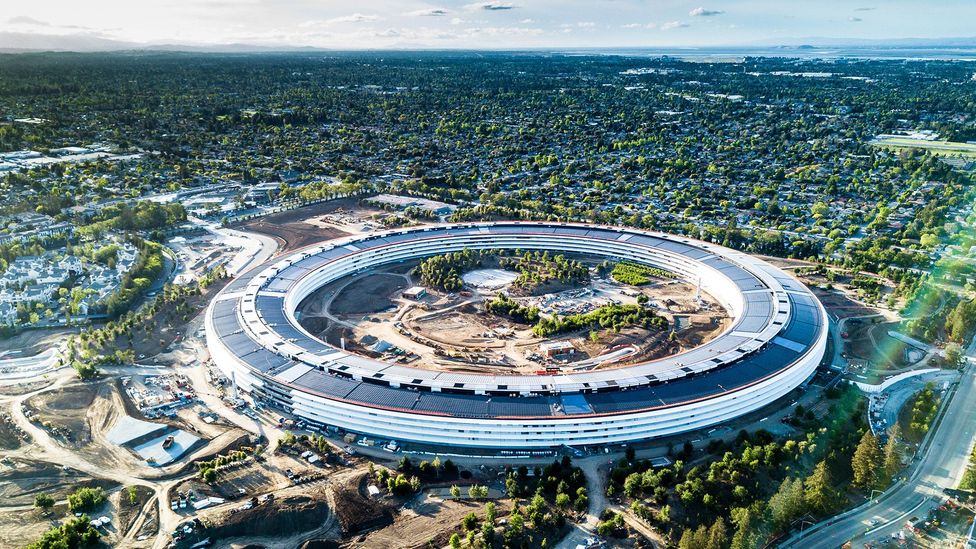WASHINGTON (Reuters) – Facebook Inc (FB.O), Alphabet Inc’s Google (GOOGL.O), Apple Inc (AAPL.O), and other principal era corporations are in large part absent from a debate over the renewal of a vast U.S. Net surveillance law weakening prospects for privacy reforms that would similarly shield customer facts, in line with assets familiar with the matter.
While tech groups often lobby Washington on privacy troubles, the primary corporations have hesitated to enter the fray over an arguable portion of the Foreign Intelligence Surveillance Act (FISA), enterprise lobbyists, congressional aides, and civil liberties advocates said. Among their concerns is that doing so ought to jeopardize trans-Atlantic records transfer % underpinning billions of dollars in change in digital services, the resources said.
For years, technology organizations and privacy groups have complained about the part of FISA, Section 702, which permits the U.S. National Security Agency (NSA) to acquire and examine emails and other digital communications of foreigners dwelling in foreign places. Though centered on foreigners, the surveillance additionally collects records on an unknown wide variety of Americans – some privacy advocates have counseled it may be tens of millions – without a search warrant.
Section 702 will expire on the quiet of the year until the Republican-managed Congress votes to reauthorize it. The White House, U.S. intelligence organizations, and plenty of Republican senators want to resume the law, which they consider critical to national security, without adjustments and making it everlasting.
A coalition of Democrats and libertarian-leaning conservatives picked to amend the law with more privacy safeguards. Reform Government Surveillance, a team of tech corporations hooked up after the 2013 leaks using former NSA contractor Edward Snowden, started reforming the regulation remains a priority. A spokeswoman declined to remark similarly but mentioned letters despatched in advance this year by technology businesses urging Congress to remember modifications to the law.

READ MORE :
- Five Tips for Staying Safe When Using Public Wi-Fi
- Thousands of intellectual health patients spend years on comfy wards
- Lack of belief in the fitness department could derail blood contamination inquiry
- California takes on Trump again – on internet privateness regulations
- Law within the time of era
Snowden exposed the secret agent business enterprise’s software that collected U.S. Telephone call metadata in bulk and the volume of spying beneath Section 702, embarrassing some U.S. Generation corporations. Working with privacy rights activists, the organizations successfully lobbied Congress years ago to pass rules that curtailed the NSA’s bulk collection of name information. For instance, Facebook leader government Mark Zuckerberg wrote on his Facebook web page that he had personally known as then-President Barack Obama to express “frustration over the damage the authorities are developing for all of our future.”
Silicon Valley’s decreased involvement frustrates civil liberties corporations because of a widely held view that Section 702 poses much more danger to privacy than the smartphone software, which did not harvest real content material. Facebook declined to remark. Google and Apple did currently not respond to requests for comment.
Privacy Shield Agreement
The groups’ relative state of no activity is explained with the aid of numerous criminal demanding situations in Europe to a settlement between the USA and the European Union, referred to as the Privacy Shield, the sources said. The litigation hinges on whether U.S. Surveillance practices afford enough privacy safeguards. A coalition of human rights companies has urged Europe to drop Privacy Shield, except Section 702 is appreciably reformed.
U.S. Era agencies have privately bristled at those efforts, three enterprise lobbyists stated, because expectancies that 702 reforms will skip Congress are low. “If you link them and you lose one, you lose both,” said one of the lobbyists, who, like the others, asked for anonymity to speak about non-public conversations with generation corporations.
The lobbyist added that numerous predominant companies have been extra interested in making deals with the Trump administration that could affect their bottom strains and tax repatriation, then getting stuck in politically charged fights over government surveillance.
Another industry lobbyist said Section 702 surveillance is “not a C-suite trouble” that concerns leader executives in Silicon Valley like different problems, consisting of encryption. Companies have additionally been limited in how they can lobby for changes to the regulation because no complete reform bill has been introduced yet in Congress, said Alex Abdo, a privateness suggest and staff legal professional on the Knight First Amendment Institute at Columbia University.
A bipartisan group of lawmakers within the House Judiciary Committee isn’t expected to introduce such rules till after Congress returns from its August recess. The schism between tech corporations and privacy organizations became on display in advance this year in litigation in Ireland – Facebook argued purchase records turned into sufficiently covered from U.S. Spying packages. At the same time, a lawyer for the American Civil Liberties Union testified that more protections had been wished.
Snowden’s leaks showed that Section 702 collects the content of virtual communications directly from the net backbone and via a software previously code-named Prism, wherein the NSA accumulated facts from several businesses, including Facebook, Google, Apple, and Microsoft Corp (MSFT.O).
The statute additionally allows the FBI and others to question pools of facts collected for U.S. Statistics in what critics have derided as a “backdoor search loophole” that evades conventional warrant necessities.
Abdo stated that the tech enterprise might also be more engaged as soon as the general public debate becomes clearer. He introduced that a more potent position “might benefit those that need to impose the meaningful constraint on NSA surveillance.”




